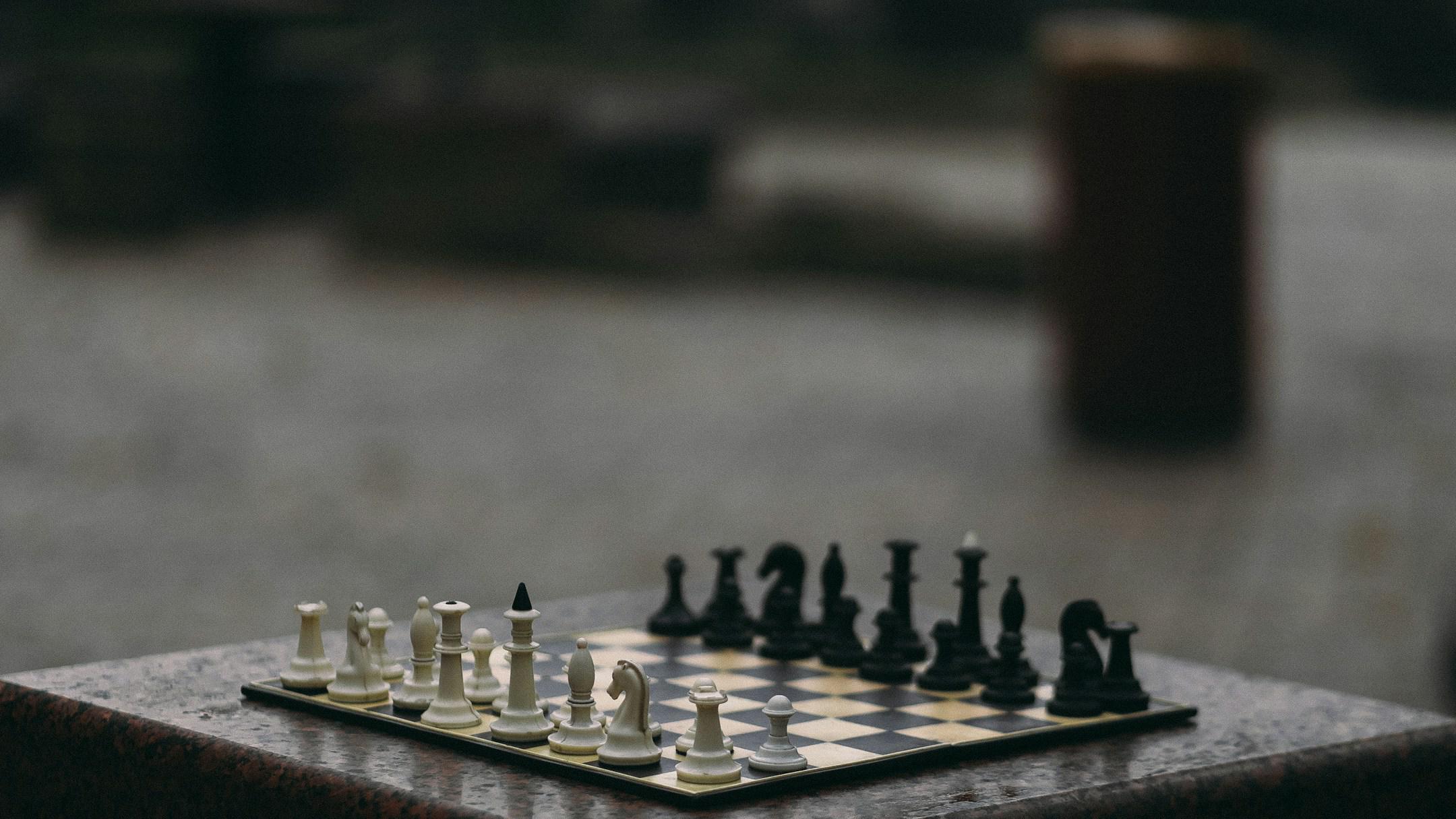
Chess is not just a game of moves on a board; it’s a battlefield of the mind where psychological warfare plays a crucial role in determining the outcome. To truly elevate your chess game, you must discover the mental strategies that can give you the upper hand against your opponent. From managing stress and anxiety to harnessing focus and clarity, understanding these psychological elements can transform the way you approach each match. As you deepen your comprehension of chess psychology, you'll find that your ability to think critically and make strategic decisions improves dramatically, setting you up for success on and off the board.
In this blog post, we will explore various techniques to strengthen your psychological edge and how to apply these mental strategies during the most critical moments of your games. By honing your mental approach, you can learn to anticipate your opponent's moves and counteract their strategies effectively. Whether you're a beginner or an experienced player, mastering chess psychology can revolutionize your performance and enhance your overall enjoyment of the game. Get ready to dive into the mental aspects of chess that will undoubtedly elevate your game to the next level.
Understanding the importance of mental strategies in chess
Chess is not just a battle of moves on the board; it’s a war of wits that relies heavily on the psychological aspect of gameplay. Players often underestimate the significant role that mental strategies play in their performance. The ability to manage emotions, sustain focus, and maintain composure under pressure can be just as crucial as understanding openings or tactics. Embracing chess psychology allows players to anticipate their opponent's moves, read their intentions, and create a mental fortress that enhances their gameplay. By acknowledging the interplay of psychological factors, players can unlock new dimensions of their game and elevate their performance.
Additionally, mastering mental strategies can help players cultivate resilience in the face of challenges. Chess often places players in high-stress situations that can lead to anxiety or self-doubt. Those who develop a strong psychological approach gain an advantage, as they can navigate these pressures more effectively. Techniques such as visualization, positive self-talk, and mindfulness can strengthen a player’s mental game. When players integrate these strategies, they not only improve their technical abilities but also their overall mindset, fostering a sense of confidence and determination to win. This mental fortitude can make the difference between a seasoned player and a champion.
Techniques to strengthen your psychological edge
Building a psychological edge in chess involves a series of techniques designed to bolster your mental resilience and enhance your decision-making skills. Visualization is one of the most effective methods; by mentally rehearsing different game scenarios, you can prepare yourself for various possibilities on the board. This not only boosts your confidence but also sharpens your ability to think several moves ahead. Another technique is to cultivate mindfulness; by staying present and focused during your games, you can reduce anxiety and prevent distractions from affecting your performance. Practicing mindfulness through meditation or breathing techniques can create a calm mental space, allowing you to approach each move with clarity and purpose.
Moreover, developing a strong pre-game routine can significantly enhance your psychological readiness. Whether it's engaging in light physical exercise, listening to music, or reviewing key strategies, establishing a consistent routine helps to center your mind and foster a winning mentality. Visualization plays a crucial role in this routine, as envisioning your success can create a positive mindset that carries through to the board. Additionally, working on your emotional control is essential; chess can be highly stressful, and the ability to manage your emotions during intense moments can mean the difference between victory and defeat. By recognizing your triggers and practicing coping strategies, you can maintain your composure and make better decisions, ultimately strengthening your overall psychological edge in the game.
Applying mental strategies during critical moments of the game
In high-pressure situations, maintaining composure can be the difference between victory and defeat. Players should cultivate the ability to stay calm and focused, allowing them to think clearly and make sound decisions even when the stakes are high. During critical moments, you can leverage techniques like deep breathing or visualization to create a sense of calm. By envisioning successful outcomes or even recalling previous victories, you prime your mind for positive results. This not only helps to alleviate anxiety but also allows you to approach pivotal moves with confidence and clarity.
Moreover, developing your ability to read your opponent can greatly enhance your strategic approach during tense situations. Pay attention to their body language and patterns of behavior, as these cues can provide insight into their mental state. If you notice your opponent hesitating or showing signs of distress, you can strategically capitalize on these moments to increase your psychological advantage. By integrating observation and analysis into your mental strategy, you elevate your performance, enabling you to execute crucial moves with precision while keeping your adversary on the defensive.